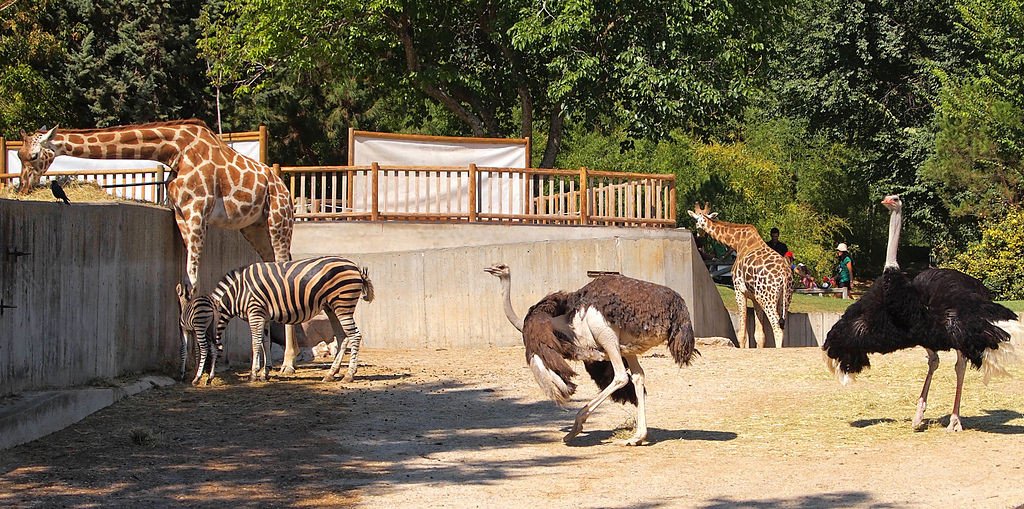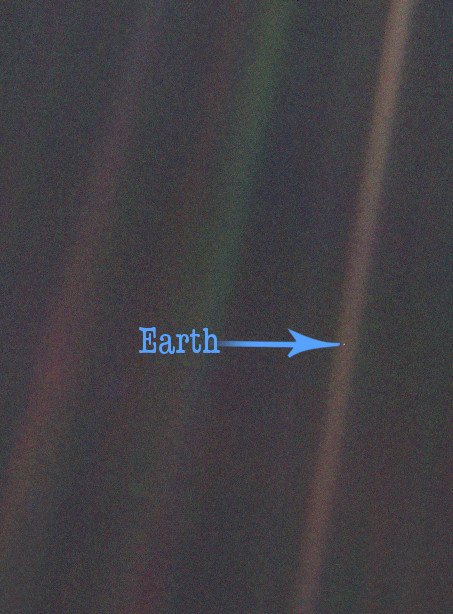Table of Contents (click to expand)
The aliens are not going to reveal themselves to us until we are at the same level of technological and ethical development as they are. They may be waiting for us to develop faster-than-light speed rocket-propelling technologies and establish a galactic empire. Alternatively, they may be waiting for us to surpass certain ethical or political standards. Until then, they would continue to study how we evolve and where our quest might take us.
Growing up, I always resented zoos. The animals’ needs are provided for, of course, but the whole setting appears to be a prison run by very indulgent people. However, such a localization of diversity is a sociologist’s paradise. One can study an animal’s behavior, that behavior’s susceptibility to change with stimuli, and the ethics of a disparate ecosystem with which every animal gradually learns to comply.

This is the autonomy that comes with intelligence. It is the highest form of life studying – for good or bad – its subordinates, all lower forms of life. However, if such a hierarchy does exist, which it does, and if we could extrapolate its logic to the bitter end, could it be that we are also being studied by an even higher form of life? Couldn’t the Earth be a giant zoo, outside whose cage stands highly intelligent, extraterrestrial sociologists observing us from a distance, writing down what they learn on a holographic pad?
The Zoo Hypothesis
This hypothesis is known as the Zoo Hypothesis. The hypothesis, however disconcerting, resolves Fermi’s infamous paradox. The paradox questions whether intelligent life is ubiquitous in the Universe or if we are alone on an average-sized planet revolving around an average-sized yellow-dwarf star loitering in the suburbs of one of the billions of galaxies in the Universe.

The Universe is almost 14 billion years old, and the Earth is around 4.5 billion years in age. Since the Big Bang, an uncountable number of worlds have surely emerged in every corner of the observable Universe. While biology might be common, the sprouting of intelligent life is contingent. However, given enough time, chance loses its capriciousness; it conforms to what is called the law of large numbers, according to which a rare event becomes predictable if the sample size is large enough. If life arises once every million years, it would arise one million times in a million-multiplied-by-million years.
Now, let’s say that such an intelligent civilization did arise in the youngest of galaxies, say one billion years ago. If humans have reached such a high level of technological sophistication in just 300,000 years, what unimaginable sophistication could a civilization achieve with a billion-year head-start? Surely, these societies with faster-than-light speed rocket-propelling technologies must have colonized their galaxy and perhaps their neighboring galaxies effortlessly, building a galactic empire.

The first society could either congregate with subsequent societies or, due to the constraints of time, a hierarchy could develop. Now, such a superlative species would be foolish to colonize a planet without any prior investigation. One wouldn’t camp in a forest without rigorously learning about its flora and fauna, without knowing whether it is filled with ravenous tigers or poisonous plants. This could have pernicious, even fatal consequences. However, there’s a catch.
Whether it is the most intelligent form of life or a moderately intelligent form of life, intelligent life is bestowed with the mystical gift of awareness. If animals in zoos were self-aware, aware of their existence, of their imprisonment, they could rebel and revolt and try to break free, for freedom is the foremost desire of consciousness. Free will, the astounding realization of alternatives and the ability to choose amongst them, to reject nature’s instructions, is what differentiates us from animals.
Similarly, an intelligent being would eventually become aware of the possibility of such a hierarchy and disprove of such an invasive study. Imagine if the simulated people in the game Sims became conscious; do you think they would still approve of being supervised and maneuvered? Even the thought of such a violation of our free will, of such wanton restrictions, is abhorrent. A violation of privacy is one such restriction. Our behavior is subject to scrutiny and wavers almost involuntarily with the knowledge that it is being observed. This is one of the primary reasons why surveillance is so frowned upon.

We ourselves have realized the two possibilities — that we could either be a simulation, like the Sims, conscious of being simulated in an alien’s supercomputer or animals in an intergalactic zoo. Otherwise, I couldn’t have speculated both theories on this very website. Thus, it seems that the super-intelligent aliens study us, albeit very subtly and furtively. It seems that they look at us with a one-way mirror – acknowledgment isn’t reciprocated. They can see us, but we, in all of our existence, have learned absolutely nothing about them. Their disguise is so effective that some even doubt they exist. If they really do, then it’s definitely working.
Also Read: Will There Be Any Humans Left When Aliens Invade?
Why Wouldn’t They Communicate?
The first reason, as mentioned earlier, might be that this generation is still in the investigation or observation phase. The second reason might be that we don’t deserve to know. Our supervisors must be aware that an intelligent species can postulate such a hypothesis after they, for example, discover the laws of electromagnetism and build radio telescopes. However, they would still refuse to communicate, until we surpass a certain, higher technological standard, such as developing rockets that travel at 50% the speed of light. In Star Trek, the Vulcans continue to observe the Earth and don’t reveal their identities until humans accomplish their first warp-flight.

Perhaps surpassing a technological standard wouldn’t suffice. They might wait until we surpass certain ethical or political standards as well. Such a speculation is based on the assumption that they evolve with similar ethical ideals. This would be very good news for moral philosophers because morality, like language, would cease to be a human invention. Our ideals of morality itself could evolve in intelligent societies, just as eyes have independently evolved on numerous occasions on Earth.
Until then, they would continue to study how we evolve and where our quest might take us. Or perhaps we are the plants stemming from the seeds that these aliens sowed some million years ago deep inside Earth’s fertile soil. Could these seeds, the original replicators, be embedded into an asteroid and propelled towards the Earth? Could it be the very asteroid that annihilated the dinosaurs? Are we the aliens?
They could have sent such seeds to a plethora of planets in a plethora of galaxies. These could be experiments to determine how their species would fare in a vast variety of environments. In fact, it’s possible that we aren’t even their descendants; for a species so advanced, they could have synthesized life in labs, in test tubes, in order to test its resilience and see how it evolves in different conditions. It could be that we are just one of many models or types of carbon-based artificial intelligence.

I don’t believe the aliens will contact us anytime soon. We can’t smoke ’em out either, because we lack the technology. Currently, they would be reluctant to offer a hand because, while we have accelerated technologically, we’re miles behind in rationality. They might have witnessed our hideous vices — how some people enjoy watching wrestling, how lazy we were to name a leaning tower in Pisa ‘The Leaning Tower of Pisa’, how we allow people to wear yellow trousers and individual-toe footwear, and how some of us put pineapples on pizza. Calvin of the comic strip Calvin and Hobbes summarized it perfectly when he said: “Sometimes I think the surest sign that intelligent life exists elsewhere in the universe is that none of it has tried to contact us.”
Also Read: Whats Is The Technological Singularity?
How well do you understand the article above!

